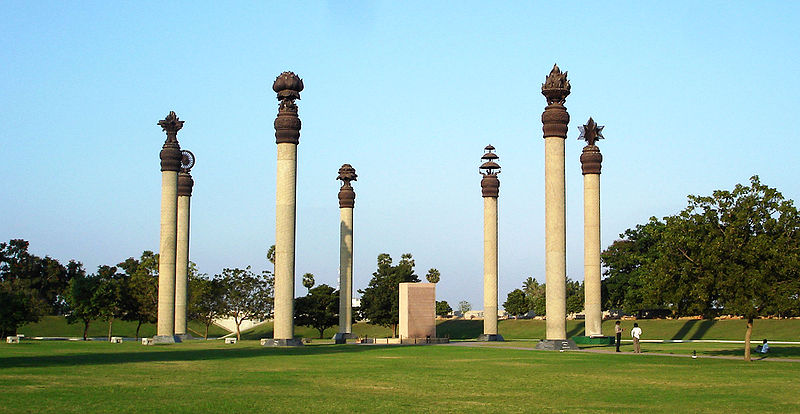The Supreme court has asked the centre to take a call on Tamil Nadu’s proposal to free the seven convicts in the case of Rajiv Gandhi’s assassination. This has been long-coming since 2014 when the move was first proposed. Who has the power to remit life sentences the centre or the CBI? a three-judge bench has given the centre three months to decide on the matter. This isn’t the first time the State has asked for the remittance of life sentences for the convicts in question.
The Proposal:
In 2014, Tamil Nadu had made their proposal that the seven convicts held for being involved in Rajiv Gandhi’s assassination be released. The centre to reject the proposal. The centre moved the proposal to the Supreme court in February 2014. The state had asked for the release of seven convicts again in 2016, only to be rejected. They were told by the Ministry of Home Affairs that the matter was sub judice ergo they couldn’t grant freedom to the convicts. But now in 2018, the matter has been reopened.
The three-judge bench consists of, Ranjan Gogoi, A.M. Sapre and Navin Sinha to decide that the matter wasn’t yet closed. So, the centre has to step in and decide on the matter. Justice Gogoi addressed the Solicitor General Pinky Anand, “You take a decision. That itself will decide the matter.” Imagine if all decisions with regard to the country were taken as such. It proposes interesting dilemmas.
The Constitution Bench:
The matter has to do with Section 435, of the Criminal Procedure Code, where the majority judgement of the constitution bench interpreted the word ‘consultation’ as ‘concurrence’. Therefore this was not an empty formality with the taking the centre’s decision into consideration. It is actually a serious matter especially considering the high profile of this case in particular. The constitution bench was led by Justice F.M.I. Kalifulla.
Even though negative remarks were made about the convicts, the three-judge bench must decide the fate of the convicts, in an unbiased manner. The centre has not yet responded to the question and to the decision on the seven convicts’ lives. If the decision had been taken earlier the convicts, Nalini, Robert Pius, Jayakumar and Ravichandran would have walked free, but are now serving life terms. This might as well be a case of being guilty until proven innocent.

